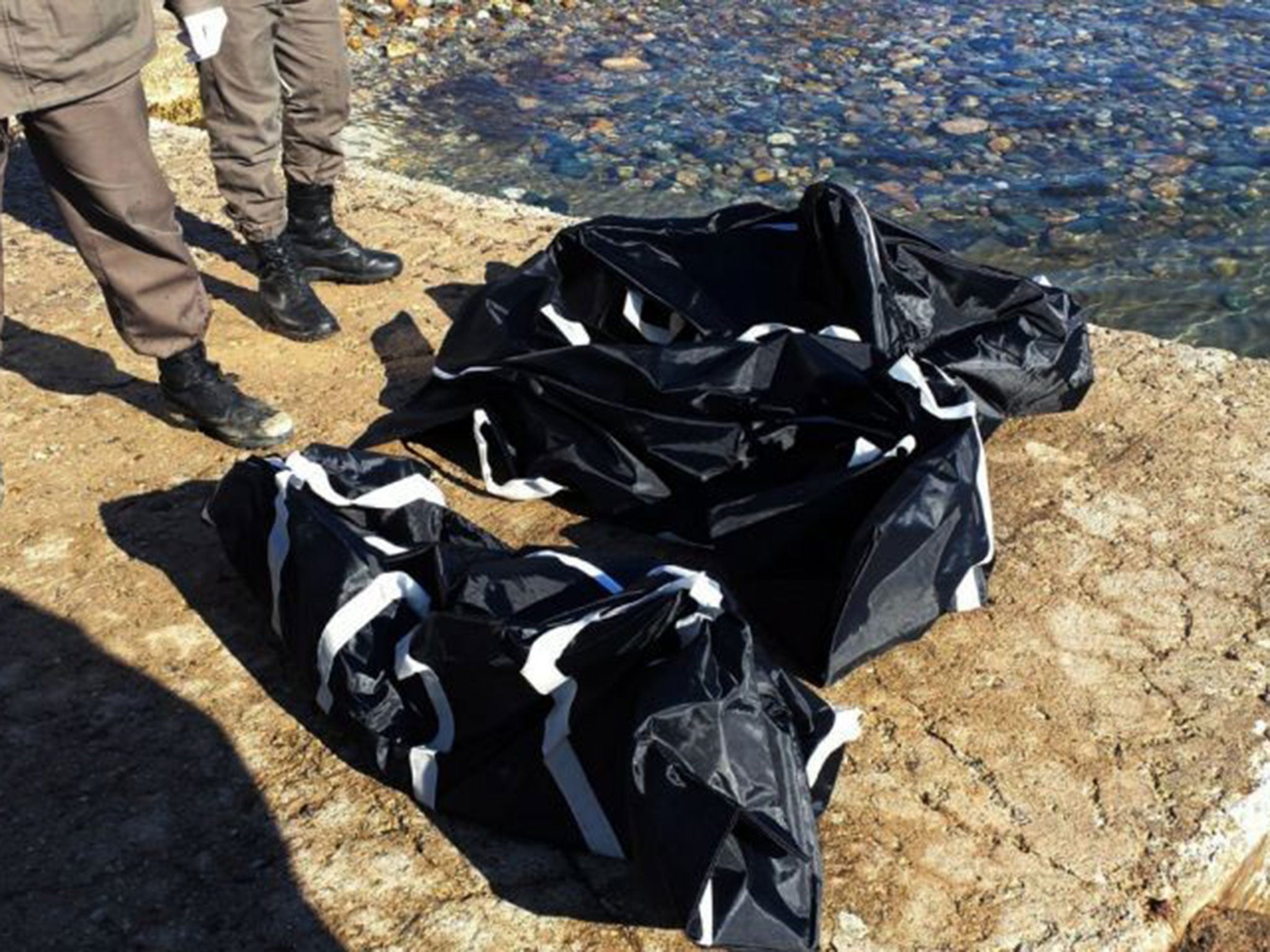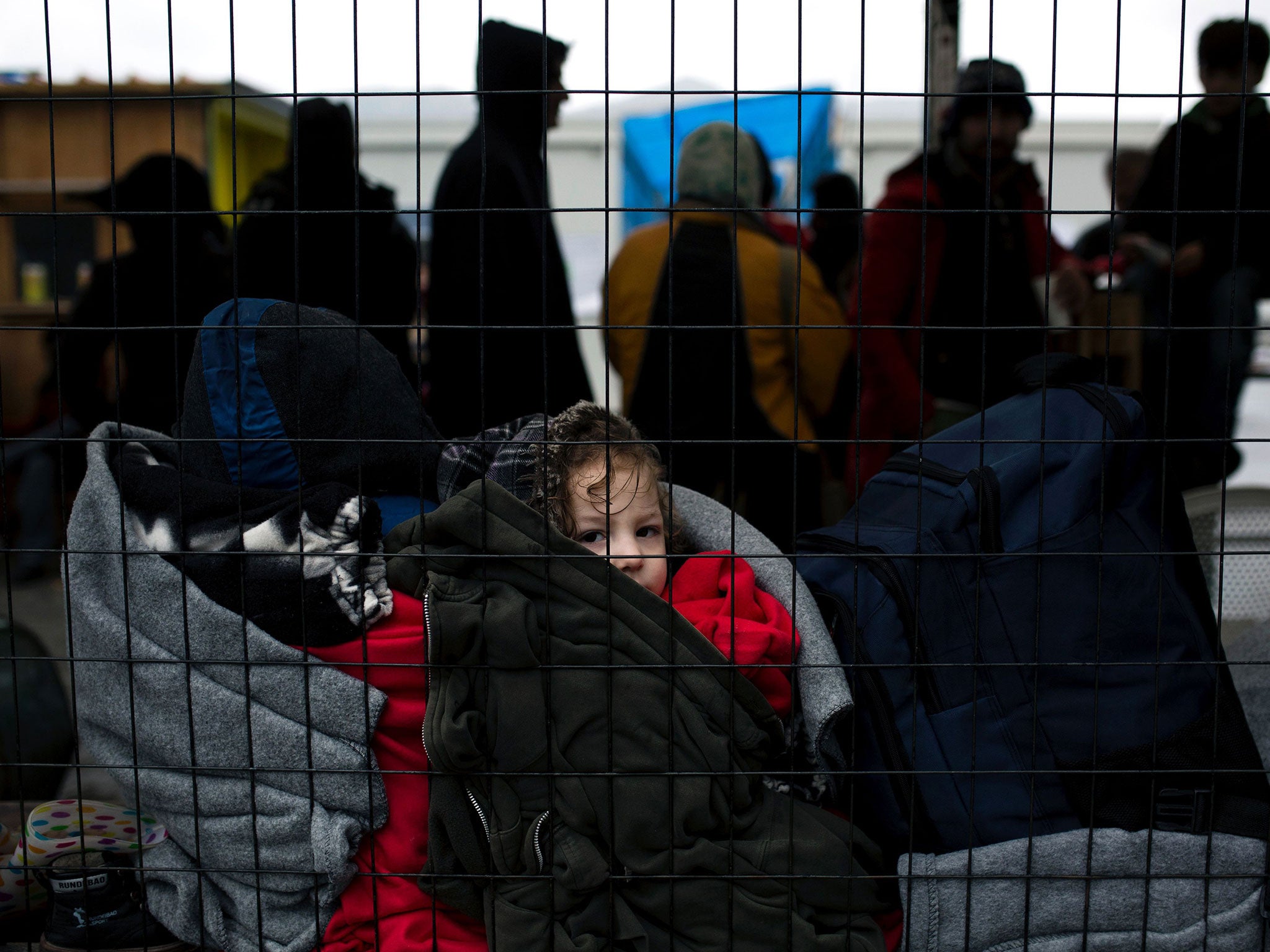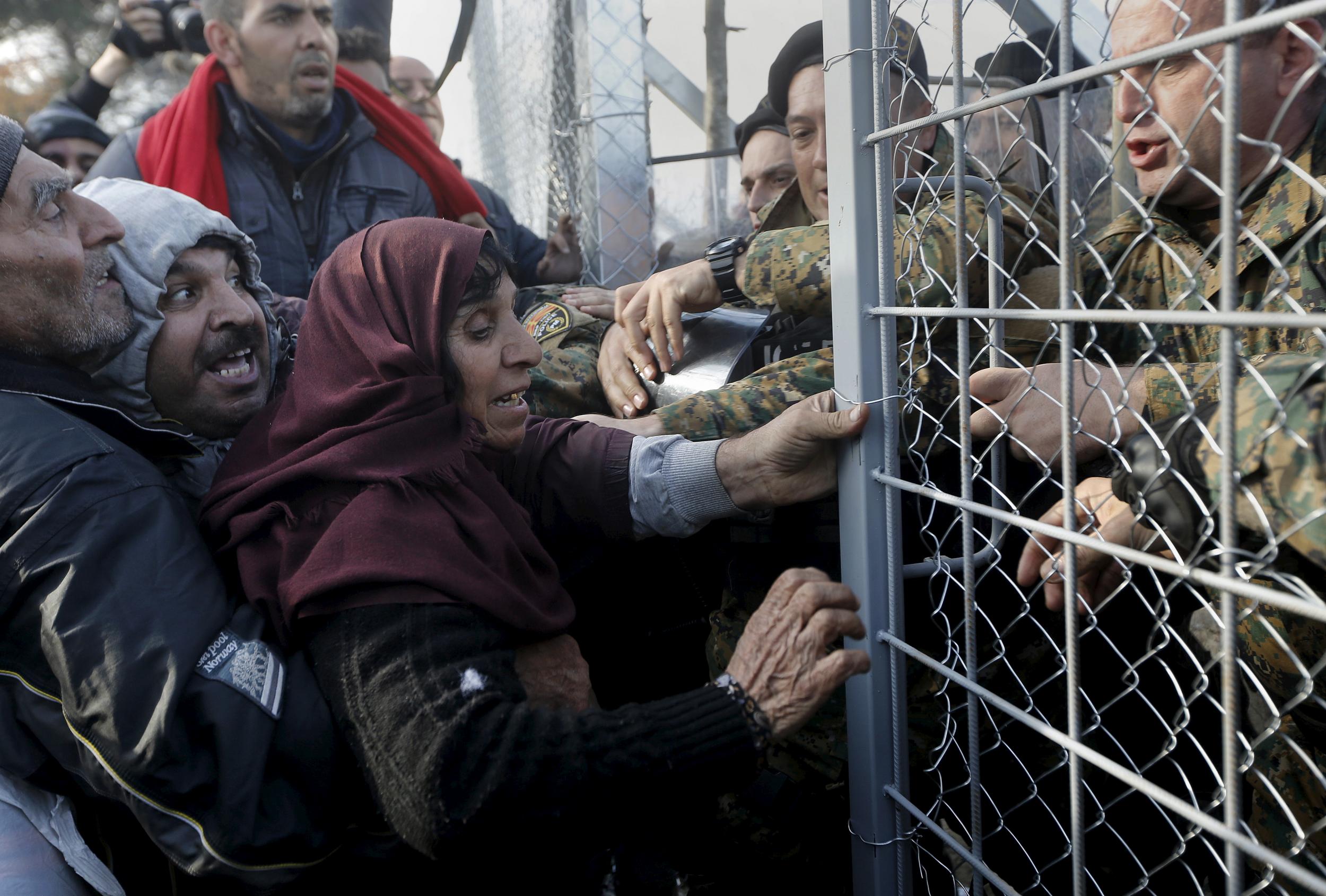Refugee crisis: Two babies among nine refugees drowned after boat capsizes trying to reach Greek islands
It came after more than 360 refugees and asylum seekers died attempting sea crossings last month

Your support helps us to tell the story
From reproductive rights to climate change to Big Tech, The Independent is on the ground when the story is developing. Whether it's investigating the financials of Elon Musk's pro-Trump PAC or producing our latest documentary, 'The A Word', which shines a light on the American women fighting for reproductive rights, we know how important it is to parse out the facts from the messaging.
At such a critical moment in US history, we need reporters on the ground. Your donation allows us to keep sending journalists to speak to both sides of the story.
The Independent is trusted by Americans across the entire political spectrum. And unlike many other quality news outlets, we choose not to lock Americans out of our reporting and analysis with paywalls. We believe quality journalism should be available to everyone, paid for by those who can afford it.
Your support makes all the difference.Two babies were among nine refugees who drowned trying to cross from Turkey to Greece after their boat capsized, Turkish authorities have said.
A spokesperson for the national coast guard said it has launched search and rescue missions for more possible victims following the disaster on Tuesday.
The small fibreglass boat was just 25 metres from the Turkish coastline near the town of Doğanbey when it partially capsized.

Two refugees were rescued alive but nine, including two babies were found dead, and more are feared to be missing.
Around 11 members of the group made it to the beach safely after swimming back to shore.
Doğanbey lies near a narrow channel separating the Turkish mainland from Samos, one of the many Greek islands in the Aegean Sea where hundreds of thousands of asylum seekers have arrived on smugglers’ boats over the past year.
Disasters have become more frequent in rough conditions caused by the worsening winter weather and at least 37 drowned, including several toddlers and children, off the coastline north of Doğanbey on Saturday.
The International Organisation for Migration (IOM) says more than 270 refugees died attempting to cross the Aegean Sea in January, including around 60 children.
At least 96 more asylum seekers drowned in the central Mediterranean in the same month, on another smuggling route from Libya to Italy.

The toll is almost triple that from this time in 2015, when the refugee crisis saw more than a million asylum seekers arrive in Europe.
Around 67,000 migrants are believed to have arrived in Europe by sea so far this year – mostly Syrians, Afghans and Iraqis landing on Greek islands.
Last year saw 3,400 deaths, peaking in April when 1,100 people died in a week in successive sinkings off the coast of Libya.
Individual disasters in the Aegean Sea have previously had a lower death toll than those in the central Mediterranean because of the small inflatable boats used by smugglers – but there are fears numbers could rise if larger boats continue to be used in rough conditions and by inexperienced skippers navigating rocky shoals.
Dozens of people are packed on to the overcrowded dinghys, which frequently sink or capsize in tragedies like the one that killed Alan Kurdi, his mother, brother and other passengers in September.
Images of the three-year-old boy lying dead on the beach sparked international calls for Europe to prevent avoidable deaths at sea and give refugees a safe home, forcing David Cameron to increase the number of Syrians being taken in by the UK.
But less than five months on, the political mood towards asylum seekers has reversed as countries across Europe seek to restrict the number of arrivals and implement controversial proposals to make them “pay for their stay”.
Hundreds of migrants blocked the main road leading to the Greek-Macedonian border today in protest against rules restricting the asylum seekers allowed to pass through to specific countries.
Taxi-drivers on the Macedonian side had blocked the railway line between the two countries, protesting over the priority given to trains and buses to take the migrants north to Serbia, while on the Greek side, farmers had parked dozens of tractors to demonstrate against planned pension reforms.
Thousands of migrants continue to attempt the treacherous sea journeys every day, fleeing war and persecution in Syria, Iraq, Afghanistan, Eritrea and across Africa and the Middle East.
Additional reporting by AP and Reuters
Subscribe to Independent Premium to bookmark this article
Want to bookmark your favourite articles and stories to read or reference later? Start your Independent Premium subscription today.
Join our commenting forum
Join thought-provoking conversations, follow other Independent readers and see their replies
Comments